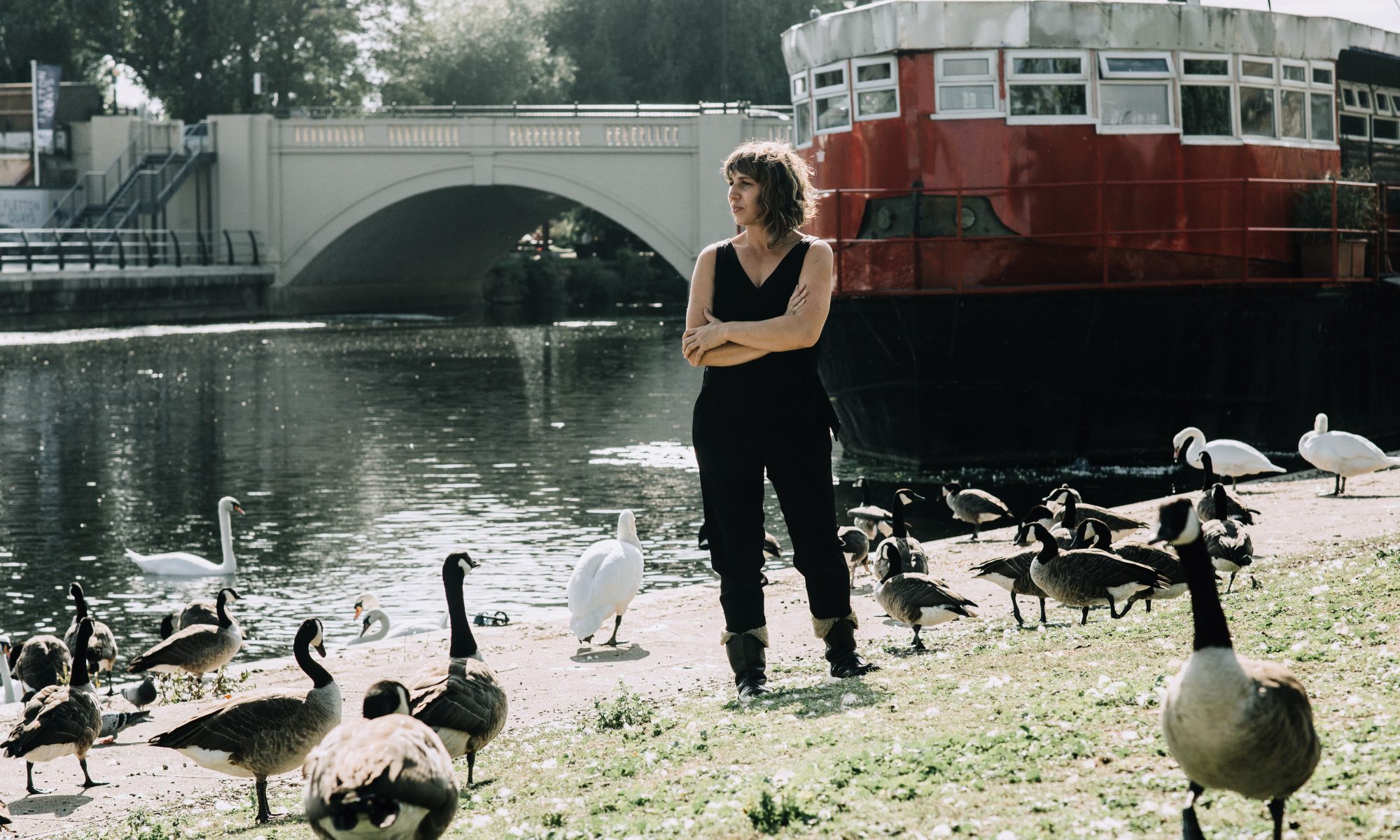It feels like a good opportunity to publish a post from Southend-on Sea, where I’m staying as part of the Essex Book festival. During March, Metal at Chalkwell Hall has morphed into a pop-up Writers House and is offering a wide range of events celebrating writers and books of all genres. This includes talks with guest authors, spoken word poetry and prose performance, seminars, and discussion. Over the course of the month, the Georgian grade II listed hall is also housing seven writers-in-residence, of which I’m one.
I arrived on Thursday evening and settled into a large room with a writing desk and estuary views, then joined the Big Book Club Get-Together, which was taking place in the building. All the book clubs in the area had been invited to read the same book – a lesser-known science fiction novella by E.M. Forster: The Machine Stops – and to meet together to discuss it. Key sections of text were read aloud by actress Sarah Mayhew and lots of lively discussion came afterwards.
I am familiar with several of Forster’s novels, but not The Machine Stops and it seemed this had been the case for a lot of people attending. The reaction from those at the event was to marvel at how precisely and uncannily Forster wrote about the future, when writing in an age when radio was not yet a mass medium! He wrote about a machine as a medium for nearly all interactions, in a world devoid of nurture and human touch. An idea considered valuable was one which had been handed on through at least ten intermediaries – evoking the current click/share culture and there were many more current thought-provoking themes. The overwhelming response from those involved, was shock at how accurate Forster’s predictions were and an inclination to read more science fiction in the future.
Whilst in residence at Chalkwell Hall I’ll be continuing to work on a one-person play for the Shall I Speak For You project with Jumped Up Theatre and Battersea Arts. I’m currently developing the play-script which focuses on sport, mental health and motherhood.
The play consists of a series of monologues and spoken word pieces addressing the body – firstly as something the central character is in love with – a sports woman, who has always valued being a strong physical force. And secondly, in contrast, the body that finds the mental load of everyday life difficult.
Thinkers such as Plato wanted to separate mind from body, placing the emphasis on the intellectual. But later philosophers such as Merleau-Ponty had a far more holistic approach, writing about the bodily nature of consciousness. I find this fascinating, especially talk of muscle-memory and ideas that not all memory is stored in the brain. Our bodies adjust to our own surroundings, for example – If we drive, we learn to perceive the car as an extension of ourselves. It is also incredibly interesting to hear stories from patients who’ve received transplants reporting that they’ve inherited thoughts, feelings and personality traits from the organ donor. Our bodies as mediums through which we form a grip on the world is something I want to explore further in my writing, especially as a woman.
Tonight I’m excited to be attending I’m Looking For Words, with Sundown Arts – an evening of spoken word with Matt Abbott, Molly Naylor and other poets.

